Investment in large neuroscience initiatives is starting to show results, but questions remain over whether they can solve the most fundamental questions about cognition.


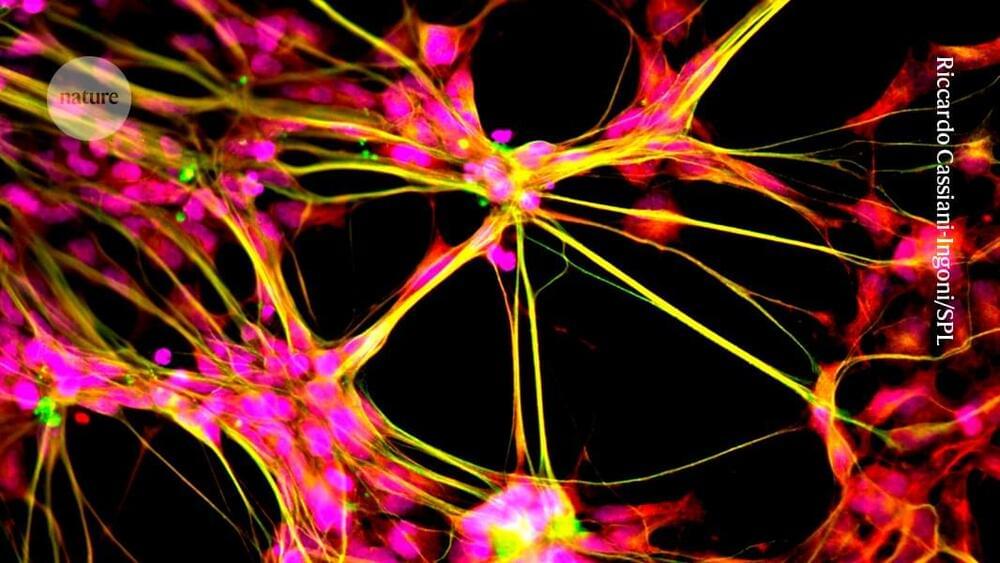
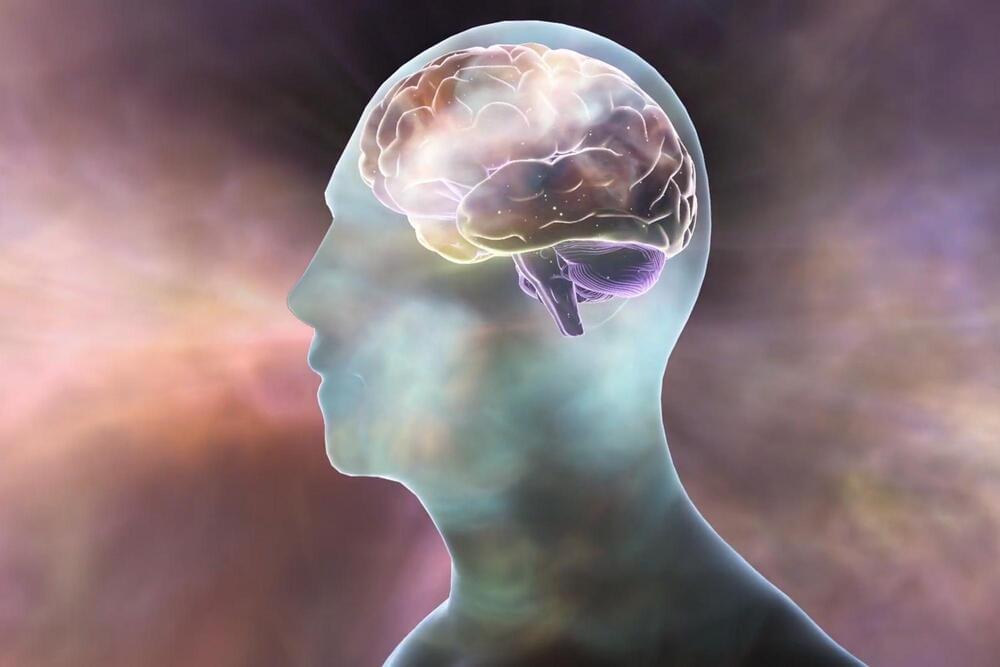
UC San Diego’s study reveals that meth and PCP impair memory by causing neurons to switch from glutamate to GABA, a process reversible with specific treatments.
Sustained drug abuse can have many long-lasting effects, including memory loss and reduced cognitive functions, which can persist for years. Now, neurobiologists at the University of California San Diego have identified a reversible, shared mechanism in the brain by which drugs of different classes generate cognitive impairments.
Investigating mechanisms of drug-induced cognitive deficits.

Summary: Researchers have isolated the electrical activity of individual neurons in the vagus nerve responsible for regulating cardiovascular function in humans. By identifying neurons that fire in sync with the heartbeat, scientists can now study how these neurons monitor or control heart activity.
This breakthrough could lead to new insights into how cardiovascular diseases develop and why vagal neuron activity changes in these conditions. The findings offer a foundation for exploring therapeutic targets in heart disease by studying vagus nerve activity in both healthy individuals and those with cardiovascular issues.
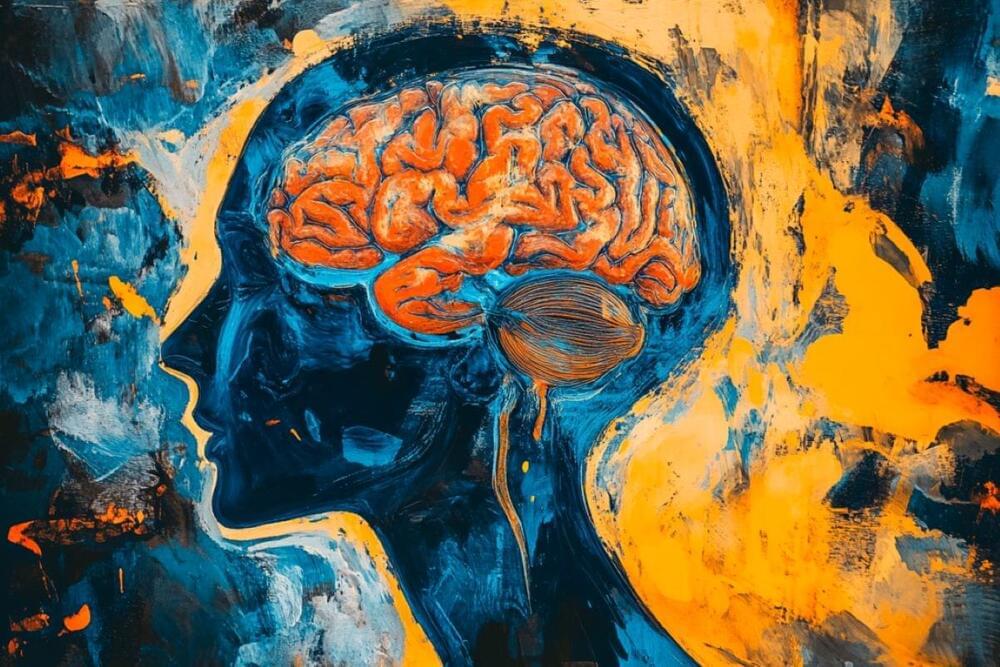
Summary: A recent study explored the link between cadmium exposure and cognitive decline, finding that higher cadmium levels may be associated with thinking and memory problems in white people. The study followed 2,172 people over 10 years, with results showing no association overall but revealing a possible link when analyzing Black and white participants separately.
White participants with high cadmium levels were twice as likely to develop cognitive impairment compared to those with lower levels. However, no similar association was found in Black participants, and further research is needed to confirm these findings.

Summary: Sound stimulation can manipulate brain waves during REM sleep, a stage crucial for memory and cognition. Using advanced technology, researchers were able to increase the frequency of brain oscillations that slow down in dementia patients, potentially improving memory functions.
The non-invasive technique could pave the way for innovative treatments for dementia by targeting brain activity during sleep. This approach offers hope for enhancing memory and cognition with minimal disruption to patients’ lives.
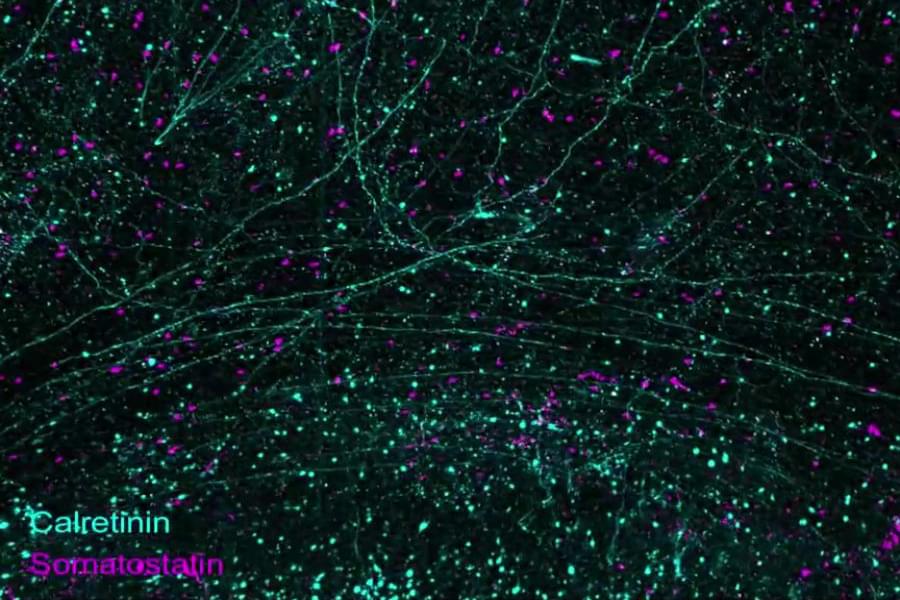
Observing anything and everything within the human brain, no matter how large or small, while it is fully intact has been an out-of-reach dream of neuroscience for decades.
Three new innovations from an MIT-based team enables high-resolution, high-throughput imaging of human brain tissue at a full range of scales, and mapping connectivity of neurons at single-cell resolution.
🌏 Get NordVPN 2Y plan + 4 months extra here ➼ https://NordVPN.com/sabine It’s risk-free with Nord’s 30-day money-back guarantee! ✌
A collaboration of a neurologist, a computer scientist, and a philosopher has just put forward a new theory of consciousness. It is based on the idea of causal models. The authors claim boldly that their idea solves the hard problem of consciousness and explains why zombies don’t exist in nature. Really? I’ve had a look.
Paper: https://osf.io/preprints/osf/mtgn7
🤓 Check out my new quiz app ➜ http://quizwithit.com/
💌 Support me on Donorbox ➜ https://donorbox.org/swtg.
📝 Transcripts and written news on Substack ➜ https://sciencewtg.substack.com/
👉 Transcript with links to references on Patreon ➜ / sabine.
📩 Free weekly science newsletter ➜ https://sabinehossenfelder.com/newsle…
👂 Audio only podcast ➜ https://open.spotify.com/show/0MkNfXl…
🔗 Join this channel to get access to perks ➜
/ @sabinehossenfelder.
🖼️ On instagram ➜ / sciencewtg.
#science #sciencenews #consciousness

We tackle the hard problem of consciousness taking the naturally-selected, self-organising, embodied organism as our starting point. We provide a mathematical formalism describing how biological systems self-organise to hierarchically interpret unlabelled sensory information according to valence and specific needs. Such interpretations imply behavioural policies which can only be differentiated from each other by the qualitative aspect of information processing. Selection pressures favour systems that can intervene in the world to achieve homeostatic and reproductive goals. Quality is a property arising in such systems to link cause to affect to motivate real world interventions. This produces a range of qualitative classifiers (interoceptive and exteroceptive) that motivate specific actions and determine priorities and preferences.
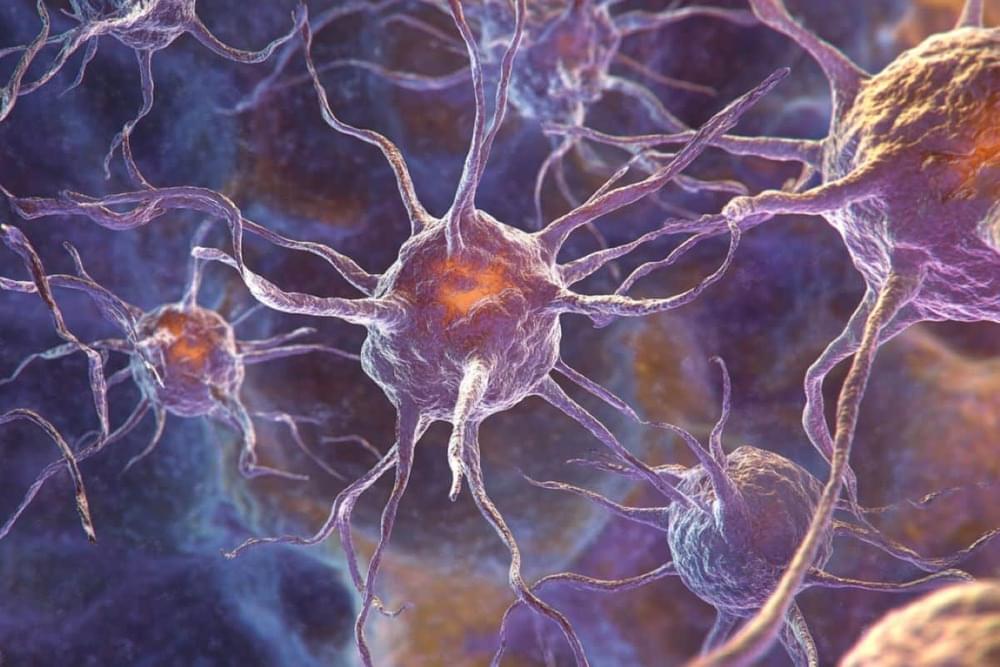
Summary: Neural stem cells, which create new neurons in the brain, become less active with age due to elevated glucose levels. Researchers found that by knocking out the glucose transporter gene GLUT4 in older mice, they could significantly increase the production of new neurons.
This discovery opens up potential pathways for both genetic and behavioral interventions to stimulate brain repair, including the possibility of a low-carbohydrate diet. The findings could help treat neurodegenerative diseases and aid in brain recovery after injury.